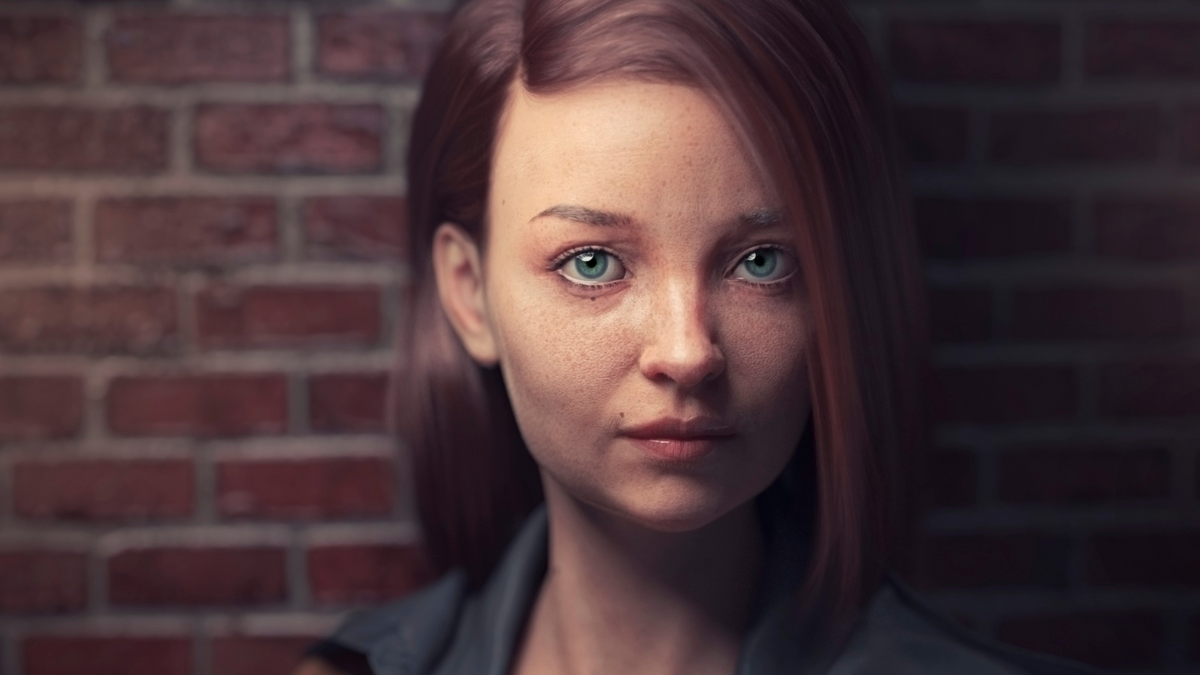Using VR, Generative AI and GPT4 to help Dementia Patients
My father passed away from dementia a couple of years ago, he had a great life. During the pandemic lockdowns, I would have Zoom calls with him, but while he recognized my voice, he no longer recognized my face on the screen.

My father passed away from dementia a couple of years ago, he had a great life. During the pandemic lockdowns, I would have Zoom calls with him, but while he recognized my voice, he no longer recognized my face on the screen.
It was heartbreaking.
So it got my tech head thinking..
New advances in technology give me hope that future dementia patients could have improved quality of life. Combining virtual reality (VR), generative AI, and chatbots like GPT-4 could help dementia patients see and interact with lifelike versions of family members.
In VR, generative AI could create realistic 3D avatars of loved ones, just look how Apple are creating thier avatars on Vision Pro. Patients could have simulated conversations, see facial expressions, and hear voices of family members. This visual immersion could aid recognition and jog memories through repetitive training.
Generative AI could also produce a constant stream of new images and video clips of family events and relatives. Dementia patients could also access these via a smart TV or tablet through a simple, senior-friendly interface, or caregiver assisted.
Chatbots like GPT-4 coupled with function like Siri could even hold natural conversations with dementia patients, answering questions and reminiscing about shared memories or past events to provide comfort, familiarity, and mental stimulation.
Training the LLM on sentiment could also unlock deeper experiences.
While nothing can replace real human connections, this innovative application of new technologies could bring some joy and comfort to dementia patients by helping them remember and reconnect with loved ones - even as their minds fade away. The visual and auditory immersion may stimulate memories and recognition in ways current 2D screens cannot, though I realise that 2D may have to suffice with some patients, it's better than nothing.
As these technologies progress, my hope is that they can give dementia patients some measure of solace and preserve the bonds of family. The person may be gone, but their memory can live on.
I'm not the person to build this, but I hope some tech head like me that's going through a similar experience right now might pick up the gauntlet and run with it.






